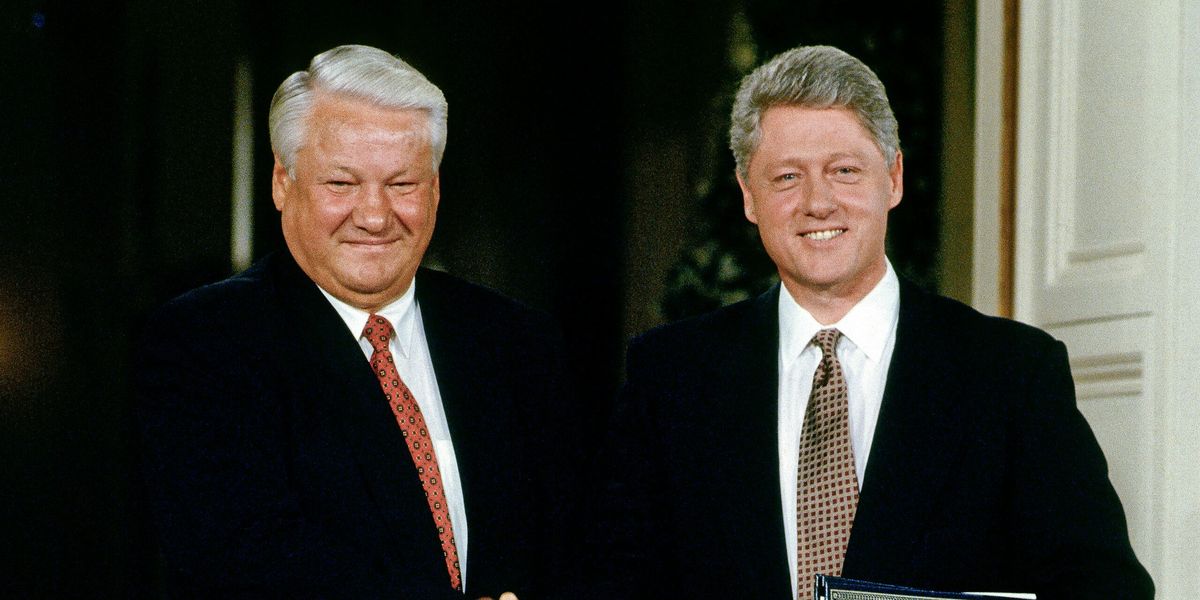Special note: This week we had yet another school shooting. Part of civic responsibility is a duty to others; the obligation to live beyond oneself. Using guns in a civil society may be a right, but it is also a responsibility, including recognizing the obvious. We must do better.
September begins my favorite time of the year, with the seasonal change and holidays. This period makes me think of elementary school and plays and birthdays and migrating monarchs and various places I’ve been on the Thanksgiving holiday. There is beauty all around us and nature continues on a set course and pattern, as it has done long before we came along.

Taken from our Garden, September 4, 2024
September is also National Literacy Month, and if you need that extra push to write, NanoWrimo is probably happening in a neighborhood near you.
In this edition, I want to share some books I’ve read that helped me on my educational and leadership journey. There is no consensus as to what makes or defines a leader, and often the leadership needed is pulled from the person by the circumstances. I believe that a good leader can develop certain aptitudes, such as empathy and self-awareness, through experiences and through learning. Reading regularly can significantly enhance leadership skills by broadening perspectives, deepening empathy, and fostering self-awareness. Many renowned leaders, such as Bill Gates and Warren Buffett, attribute their success to their voracious reading habits. Reading fiction allows leaders to experience diverse perspectives and emotions in a story, while nonfiction provides real-world examples and practical insights. The books I suggest here are only a few of what is out there, but I believe they will help cultivate essential leadership qualities.
This classic novel explores themes of resilience, integrity, and empathy through the story of an orphaned girl who overcomes many hardships. Jane Eyre's journey teaches the importance of self-awareness and staying true to one's values, making it a powerful read for aspiring leaders. A similar and more modern example is the Harry Potter works, but don’t forget some of these older writings that are known as classics for a reason.
I had a high school English teacher who passed on her love for Charles Dickens, though I didn’t read this one until train trips between Moscow and Rostov. There are many Dickens works to enjoy, but this one is more semi-autobiographical and follows the life of David Copperfield from childhood to maturity. The story is rich with lessons on empathy, perseverance, and the impact of personal experiences on leadership development. Sometimes suffering is a part of growth and this story is a reminder that life is to be lived as best you can.
When my father passed, I found one of Carnegie’s books with his items, part of a seminar he attended back in the late 1950s or early ’60s. Carnegie's books never get old and offer practical advice to overcome fears and manage stress and anxiety, which are crucial for maintaining self-awareness and emotional stability in leadership roles. This book's timeless wisdom helps leaders focus on the present in mindful ways and make thoughtful decisions. The examples are a bit dated, but the tips and practical encouragement are not.
If you want to understand failure, personal loss, perseverance, and the importance of family, this is a splendid book. We only know Walt Disney as the name of the corporation, but this biography provides insights into the visionary's creative process, leadership style, and the challenges he faced. Disney's story underscores the importance of empathy in understanding and inspiring others, as well as the role of self-awareness in overcoming personal and professional obstacles. Bonus: here’s an interview with the author.
I’ve thought about lessons from this book many times when it comes to seeing what we want to see vs. recognizing the obvious, something we struggle with in our culture. Gladwell's exploration of how we arrive at decision-making highlights the significance that intuition plays. Understanding how to harness and trust one's instincts is essential to developing self-awareness and improving leadership effectiveness. Gladwell has a new book coming out so if you like this one, you can put his new one on your holiday list.
Ambrose as a writer, could capture the time and feel in the historical accounts he shared. He has many outstanding books, but this one covers the Lewis and Clark expedition and showcases the leadership qualities of the men (and woman) who took this sojourn. These men were young and full of adventure, and this book illustrates the importance of resilience, empathy, and strategic thinking in navigating uncharted territories and leading a diverse team. It also shows the power of creating your good fortune through wise and timely decision-making, and it is a reminder that for everything we have today as Americans, many great ones before us undertook really hard work to make it possible. Special note: my father and I met Ambrose years ago, and he mentioned in his talk that the level of detail in the diaries of Lewis and Clark was worth reading alone; diaries that were saved from boats capsizing, attacks from natives, illness, starvation, and harsh winters.
I came to this book after my time in Russia and it is an autobiographical masterpiece. I surmise Lawrence became the enigma he is because he was outside of the realm of what we would typically call leadership material. He broke many assumptions and became the most remembered world figure from WWI. Lawrence's memoir of his experiences during the Arab Revolt offers profound insights into cross-cultural empathy and the complexities of leadership in challenging environments. His ability to understand and connect with different cultures is a testament to the power of empathy in leadership. Never generalize entire nations and people. Don’t be so quick to follow conventional wisdom. Like MLK, Jr., Lawrence accomplishes a lifetime of achievement in a shortened lifespan. Stick with it through the heavy English vernacular. Much of what he writes still applies to today.
Have you ever read a book that makes you rethink everything you knew? That's exactly what happens with Chernow's biography of Alexander Hamilton. It places him right at the heart as a major force in the founding of the United States. I was aware of his contributions, both good and bad, but I did not know just how much he influenced Washington and the founding of the government we have today. Hamilton's story is a fascinating example of how personal experiences can shape leadership qualities like empathy, ambition, and self-awareness. His was a rags-to-riches life (and another successful immigration story) full of familial loss and rising to the occasion. It is a testament to ambition for a worthy cause and perseverance.
You may wonder why this particular read is here. Our culture has a marketing force that starts on us at an early age and puts us in the center of everything when the fact is that humankind is relatively late to the nature show. If we don’t grow and progress, nature will carry on without us, and Weisman's speculative nonfiction book examines what would happen to the Earth if humans suddenly disappeared. I hope this thought-provoking read will encourage you to consider the long-term impact of your actions and the importance of supporting government and policies that move toward sustainable practices.
I’ll write another such piece in the future. One could read their entire life and not cover every book worthy of being mentioned. Until then, I hope this gives you a few to consider on your journey of personal growth and leadership maturity.
Quick NO BS Hits
This is a great show of support for a public servant who did his job.
To be a true public servant, consider the sentiments in this short but brilliant essay.
Noam Chomsky offers some books worth reading (The Shock Doctrine was an eye-opener for seeing some international actions in a new light).
This is a new list put out by the NYTimes. If you are interested in knowing what others find worth reading and want a place to start, you might print out the list and use it as a guide. Mark off a book as you get through it. Use Goodreads to help you keep track and share your thoughts with others.

This occurred in the United States in a Public University
The picture above comes from a university in Florida that threw out thousands of books for political reasons. Look at the picture and then read this piece from the prominent writer on authoritarian leaders, Ruth Ben-Ghiat. She has been “on the nose” with the current autocratic movements here and around the world. To think as a leader, put this picture in perspective of living in a democracy, and then consider the only times we’ve seen such pictures before. Now, learn with this next piece by clicking the link Read on Substack.
I was in Russia during the Yeltsin years and spent a few years of life studying the language and reading the great Russian works. I’ve always looked back on this time from the first Bush presidency as a time when American foreign policy blew it with Russia. This piece may shed some light on the war in Ukraine, which could have long ago been avoided. This is not to offer approval for Russia to take the illegal and deadly actions that they have done, but for you to understand the origins of problems and the importance of diplomacy and investment. A lack of forward-thinking, most likely greased by career Cold War bureaucrats and the typical war hawks, has cost us. All the funding we are pouring in to protect Ukraine’s fledgling democracy could have been avoided, just as the costs of Iraq and Afghanistan were avoidable. Leaders know their history.
Since the rise of the MAGA movement, the chosen narrative has displaced truth and facts. This piece is a long read but well done by the Kyiv Independent, an independent newspaper that has been consistently sharing the news since the start of the Russian Invasion. I include it so you better understand what the combination of church and state looks like. It turns faith into a weapon and an institution of idolatry. Just as Republicans are most likely going to find a new party, Christians who are meek in spirit are going to have to save their faith from King Jeroboam.
I purposely engage with others who think differently because it intrigues me and I usually can learn something. I don’t always do it well. Though I write of the dangers of men like Trump, I purposely work to be civil and constructive in doing so. I use humor as the more common language and take it as a worthy challenge to engage with those on the other side politically. Often, in my efforts, my goal is not to change the view of the person I’m communicating with. It’s more so to reach the lurker who may be “listening in,” so I try to do as much listening as talking/writing. The only time I truly disengage is when the f-bomb gets used and people get too personal. That’s when I know the person is beyond being reached, at least by me. Otherwise, my effort is not to add to the dysfunction. One tip I will offer. If you talk to someone long enough, you will eventually find some sort of common ground. Don’t give up.
And Now….
There are a few new features on the website, including being able to leave comments and listen to the audio version of The Porcupine. And if you have time to share this newsletter with others, please do. Our best growth comes from your actions. Thank you.





